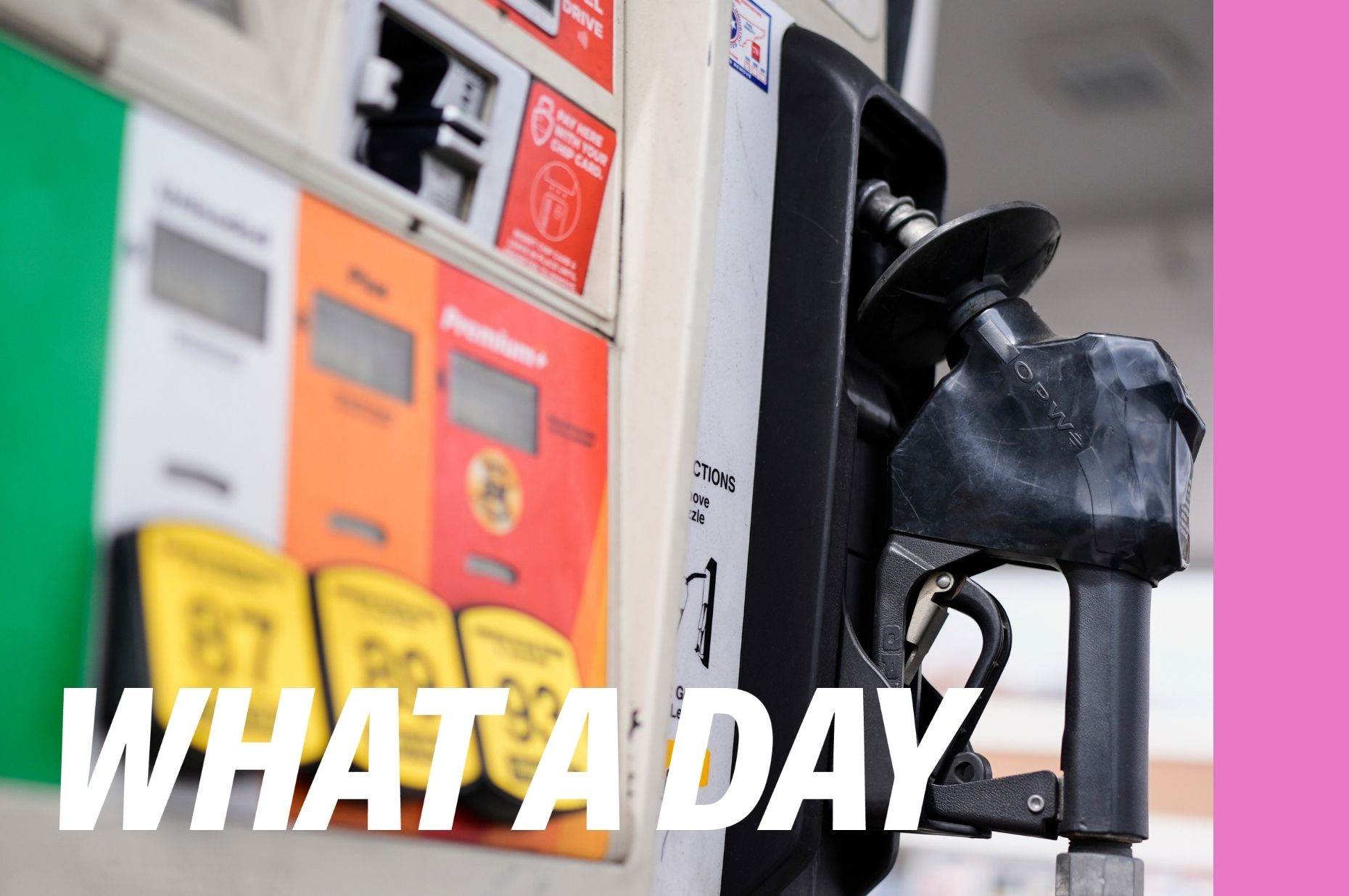
I had a rough week. I wish I could tell you it was because of the high school massacre in Parkland, Florida, but it wasn’t. Yet it’s because my rough week wasn’t about Parkland, but also because of Parkland, that I want to talk a little about my rough week.
I had a bad week mainly because my brain isn’t wired right. I take medicine to keep it running mostly smoothly but sometimes I am low on sleep or I slack off on eating healthy or the wind blows the wrong way and, bam: a little spell of depression. In fact, one of the benefits of being mentally ill in the way I am is that I don’t spend a lot of time looking for the one thing that, if it were different, would make me feel better. The one thing that would guarantee I never felt depression again would be a new brain and I have grown rather attached to the one I have.
Instead, I have embraced the fact of my mental illness. I’m not ashamed of it, because I know that feeling shame about it will make it worse. Feeling shame about my mental illness could literally kill me. It once almost did.
This is why I take discussions about whether or not the “mentally ill” should be able to own guns personally. Talk like that defines a whole category of people—my people—as inherently dangerous. Killers. Potential evil-doers. Talk like that shames us. Talk like that puts our lives at risk—not because of the violence we do to others, but because of the violence we do to ourselves.
On the whole, I am for more gun restrictions, not fewer. I think it should be more difficult for anyone to get a gun. And I think it should be especially difficult for people with documented histories of violence to get guns. But making histories of violence—or histories of threatening violence—synonymous with mental illness is as discriminatory and as factually inaccurate as linking violence and race, or violence and religion. (Statistically, people with mental illness are far more likely to be the victims of violence—including firearm violence—than to commit it.) Civil libertarians and mental health professionals oppose gun control laws based on “mental illness.” That’s not because they’re Second Amendment absolutists, but because they recognize those laws as threats to an even more basic right: equality under the law.
Any time we make gun control about the identity of who gets the guns rather than the demonstrated history of the gun owner, or the guns themselves, we’re doing bigots’ work for them. We’re adding weight to stereotypes and stigma.
And here is the important part: I talk about not stigmatizing the mentally ill because I have a mental illness. I talk about suicide prevention because I am a suicide-attempt survivor. If you struggle, if you need help, I am here to tell you: You are not “evil.” You are not the problem. And you are not alone.
If you are struggling, if you having thoughts of self-harm, there are at least two crises helplines available to you: the Crisis Text Line and the National Suicide Prevention Lifeline. There are also local crisis centers and campus crisis centers. If you are person of faith, you may find help in that community. Google is your friend. Your friends are your friends. And these helplines are your friends.
I once had what I think is pretty normal resistance to idea of actually using helplines. I associated them with 9-1-1, and felt like they should be used only by people who “really needed” them. And because I thought my mental health was something that I shouldn’t bother other people with, that I should just be “taking care of it” somehow, I refrained from calling. Until one day when I felt like I might be in bad enough shape that someone else might consider it a “crisis.” And then, when I called, and the person on the other end asked me how I was, I told her I was having some really “dark thoughts,” but I wasn’t sure if it was “an emergency.” And she said, “Well, is it an emergency for you?”
The idea that the pain I felt was, in and of itself, deserving of her attention, whether or not it met some objective idea of an “emergency,” was a revelation. I still think about that woman. She saved my life that day, which helped get me to today.
So, please, please remember: You are not alone. You deserve the help that is available to you. And, most of all, know this: You are loved.
This is a lightly edited version of the closing essay to this week’s With Friends Like These.

